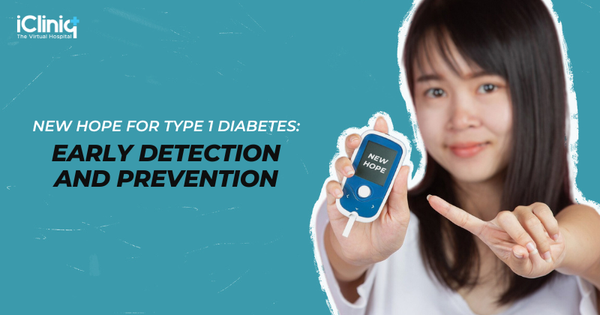How to Manage Stress Eating?

Stress eating, also called emotional eating, is when you eat because you are sad or anxious and not because you are hungry. The stress and uncertainty surrounding the current COVID-19 pandemic has affected our eating habits. Some of us might start emotional eating as a way to manage stress and cope with these challenging times. Stress eating can make you consume unnecessary calories and result in weight gain, which can have detrimental effects on your health. The following tips can prevent this from happening:
1) Create and Stick to a Routine
From the time you get up and go back to bed, stick to a strict routine. Even if you are working from home, start and finish your work at the same time every day. Eat proper and nutritious meals and avoid snacking on junk food. Even if you do not feel thirsty, keep sipping on water, and keep yourself hydrated.
2) Identify Your Triggers
Identify things that make you stressed or anxious. It can be staying alone at home or thinking about certain things. If such triggers are making you crave sugar or junk food, work towards overcoming them. If you still feel the need to eat something, then try to eat healthier alternatives.
3) Control Your Portion Sizes
Try to control your cravings by controlling the portion sizes. Use smaller plates or bowls, which will trick your mind into eating less. Instead of eating chocolates, eat a bowl of strawberries and eat a handful of nuts instead of chips.
4) Never Skip a Meal
Most people skip meals thinking it will help them lose weight. But in reality, it makes you crave food, and you end up eating more to satisfy your hunger pangs. We tend to eat unhealthy food when those hunger pangs strike us.
5) Practice Mindful Eating
Being aware of what you eat and drink, and how they make you feel throughout the day is essential. This is the best way to ensure you do not overindulge.












